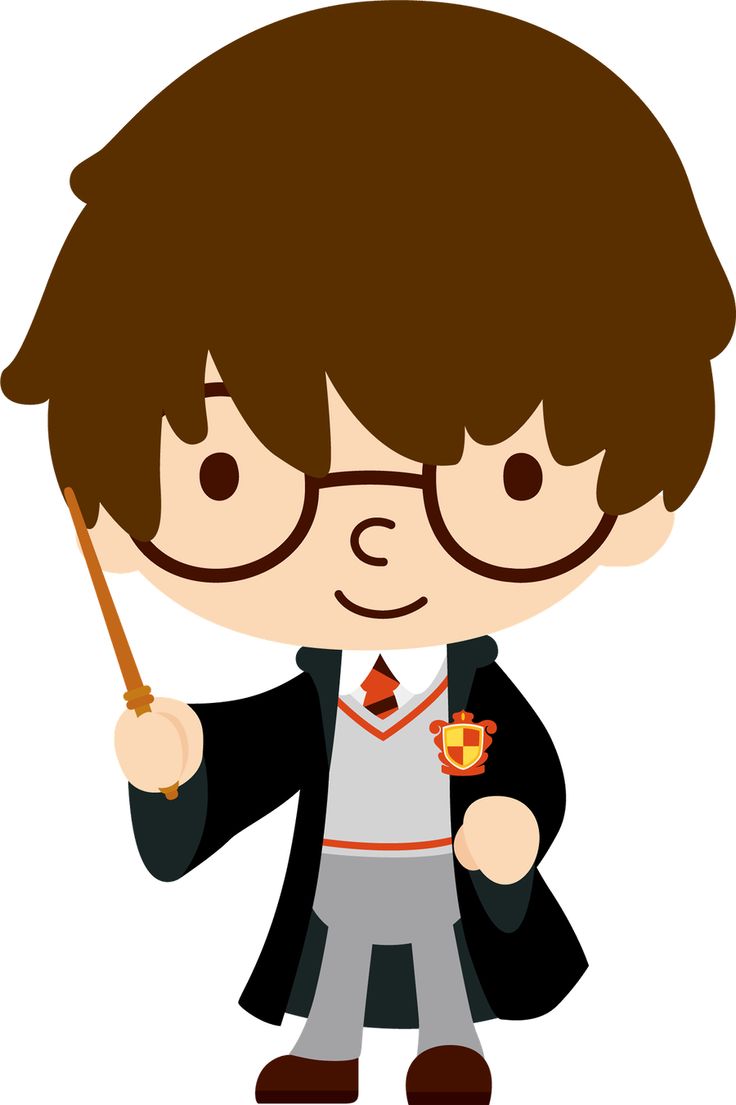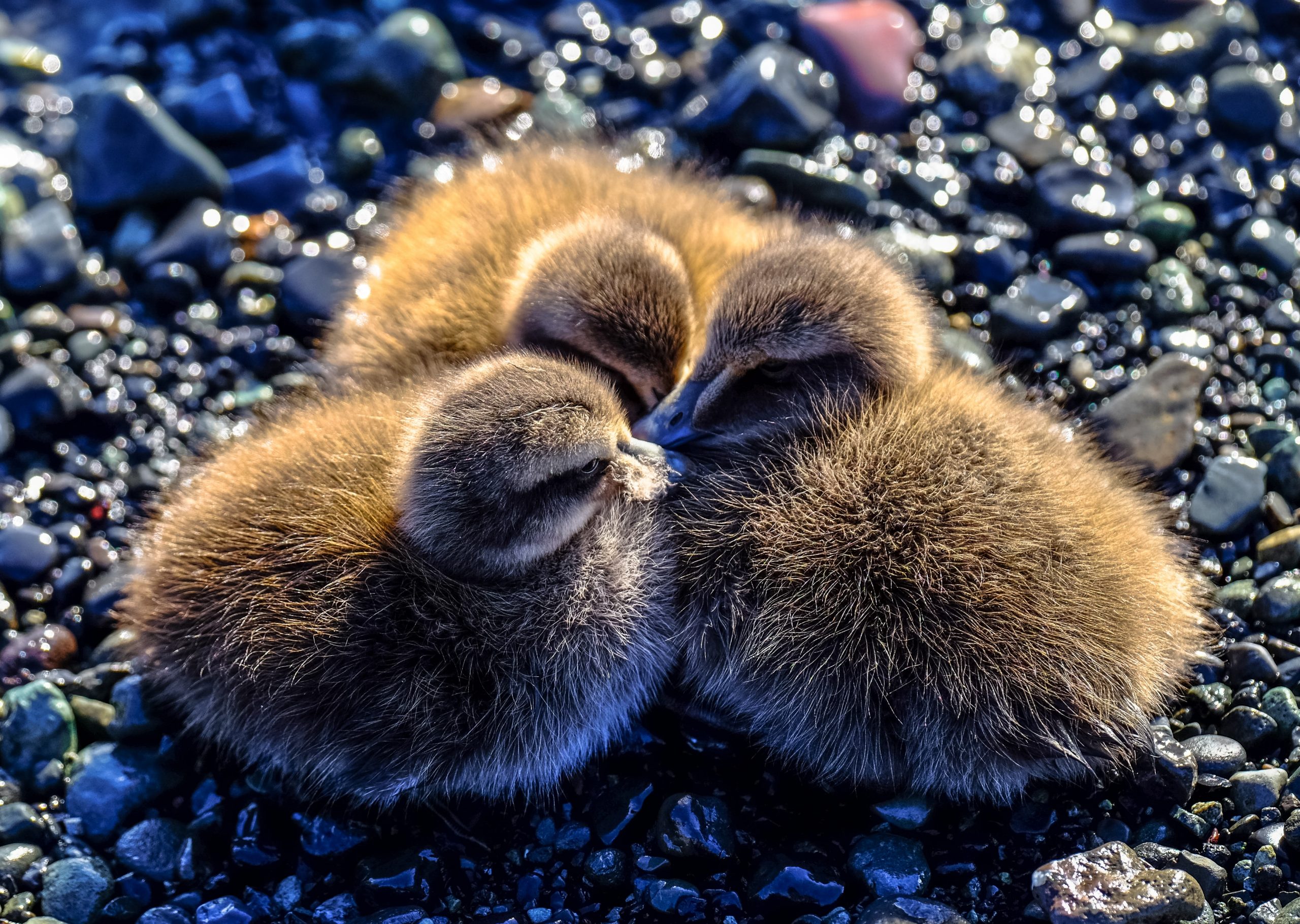Empathy: Harry Potter’s Playbook
 I don’t know about you but I love the back to school vibe. Of course, I have a high schooler who would be happy to prolong the summer as long as possible. If she could “apperate” she would. I remind her that if Harry Potter could survive a teacher like Dolorus Umbridge, so could she.
I don’t know about you but I love the back to school vibe. Of course, I have a high schooler who would be happy to prolong the summer as long as possible. If she could “apperate” she would. I remind her that if Harry Potter could survive a teacher like Dolorus Umbridge, so could she.
My first child is now off to college and I can’t help to reflect that Harry Potter and the Sorcerer’s Stone was released the year she was born in 1997. (And now an 8th installment is here.) None none of us could have predicted what a big role the HP series would play in our family life. The Harry Potter series served as an essential survival guide for middle school and beyond.
Let’s take, for example, a few quotes to live by:
It takes a great deal of bravery to stand up to our enemies, but just as much to stand up to our friends.
We’ve all got both light and dark inside us. What matters is the part we choose to act on. That’s who we really are.
It matters not what someone is born, but what they grow to be.
I’m glad my newly minted college student took her ragged Harry Potter paperbacks with her. (“It’s my relaxation, Mom.”) That she can carry the lessons from Hogwart’s with her into unknown territory will serve her well, no doubt.
J.K. Rowling is not only a brilliant storyteller, she also is a master teacher of empathy. That’s what I love best. In 2008 J.K. Rowling gave a remarkable commencement speech at Harvard University entitled, Very Good Lives: The Fringe Benefits of Failure and the Importance of Imagination. As the race for achievement and success takes priority over kindness, empathy and fairness among today’s parents and youth, this gem of a speech should be required reading for all. (You can view the speech here and get the little gift book). Before Rowling even wrote the first lines of Harry Potter, she worked at Amnesty International and heard the crushing testimonies of torture victims. The invention of Death Eaters as well as Hermoine Granger’s Society for the Promotion of Elfish Welfare has new meaning after hearing her story. Yet, the author’s message is both timeless and urgent. We each have the capability to choose empathy simply by virtue of our imagination.
Imagination is not only the uniquely human capacity to envision that which is not, and therefore the fount of all invention and innovation; in its arguably most transformative and revelatory capacity, it is the power that enables us to empathize with humans whose experiences we have never shared.
Unlike any other creature on this planet, humans can learn and understand, without having experienced. They can think themselves into other people’s places.
So as the kids stream back into the hallways of school and vie for their place in the social pecking order, it’s as good time as any to have the “empathy talk.”
Conversation starters:
- What does kindness mean to you?
- What’s a good example of you being kind or someone being kind to you?
- What’s something you can do every day to show kindness?
- Do you know what the phrase means: “Put in yourself in another person shoes” or “Walk a mile in another’s shoes”? What are some example of you you can imagine being in other person place.
- Do you think you have to have a similar experience as other people to understand their feelings? Do you think you can imagine someone else’s life even if you don’t have the same?
- What are some kind actions you can do today?
- What have you noticed when people treat each other kindly?
- Do you think you can treat yourself kindly when you have had a hard time? How might you do that?
- What are your favorite books or stories about kindness and compassion? Why?
Check these out:
Read the Report by Making Caring Common (Harvard Graduate School of Education): The Children We Mean to Raise
Do you have a kindness story to share? Please do! I’m interveiing people for the book, The Kindness Cure
Image credit: (c) 2014 ClipArt Panda



